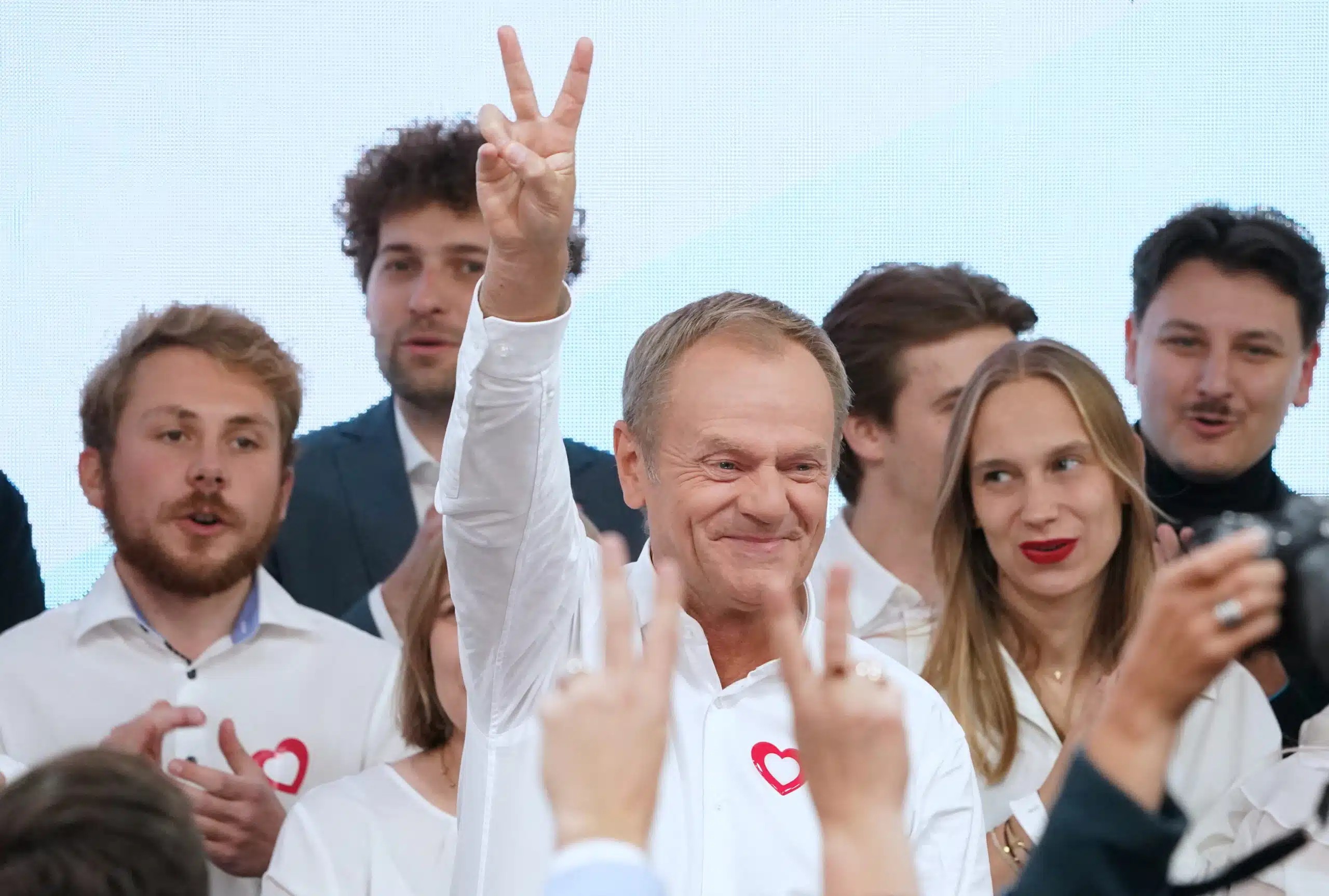Brussels – “Welcome back, Poland,” exults Belgian Foreign Minister Hadja Lahbib on behalf of the EU Council Presidency and 26 member countries. All but one, because Viktor Orbán’s Hungary reportedly opposed the closure of the procedure under Article 7 of the Treaties on the violation of the rule of law in Warsaw, in solidarity with former Polish sovereignist premier Mateusz Morawiecki. However, the new national government led by Donald Tusk has convinced the EU that there is no longer a clear risk of a serious breach of the rule of law in Poland.
After the analysis conducted by the European Commission, which certified Tusk’s good intentions, the Vice-President responsible for coordinating policies on values and transparency, Věra Jourová, submitted the intention to close the dispute with Warsaw to the ministers of the 27 meeting for the EU General Affairs Council. Finding “broad support” from member states for the action plan announced last February by Poland’s European Affairs Minister, Adam Bodnar, to address Brussels’ concerns.
Bodnar himself, on the sidelines of the meeting, announced in a post on X: “Today is an important day for Poland and Polish citizens! 26 EU member states voted in favour of abolishing the Article 7 procedure imposed on Poland in December 2017, which cast a shadow over our country’s reputation,” she wrote. Vice-President Jourová confirmed that “in the coming days” she will propose to withdraw the infringement procedure, setting the withdrawal date at the latest “by the end of May.”

The reforms launched by the pro-European government of Tusk on judicial independence, the decisions to join the European Public Prosecutor’s Office (EPPO), to respect the rulings of the EU Court of Justice and the European Court of Human Rights, and to separate the office of attorney general from that of minister of justice have convinced the European Union.
In the past months—evidence of the relaxation of relations between Brussels and Warsaw after Tusk took office—the European Commission had already, however, unblocked €76.5 billion from the Cohesion Funds and €6.3 billion from Next Generation EU for Poland, part of the total €137 billion frozen by the EU with the activation of Article 7. “I would like to emphasize that the termination of the Article 7 procedure for Poland does not mean that it will not be subject to any kind of monitoring,” was keen to stress Jourová, reminding that “we will continue monitoring as part of the Rule of Law Report, which is an annual exercise, and we will publish the next one after the elections.”
English version by the Translation Service of Withub








